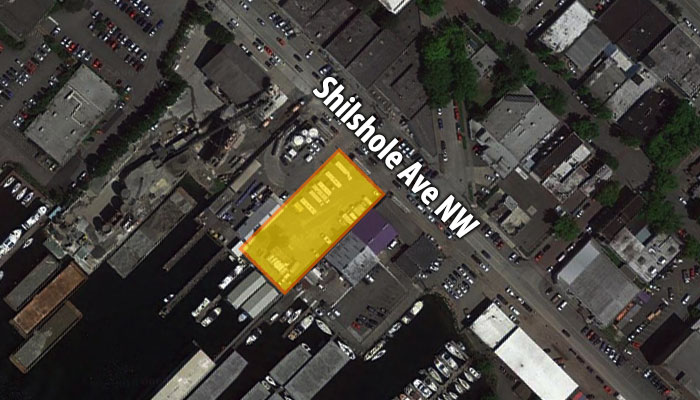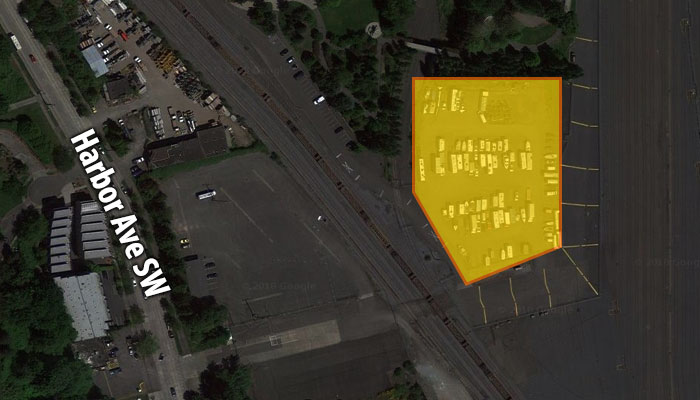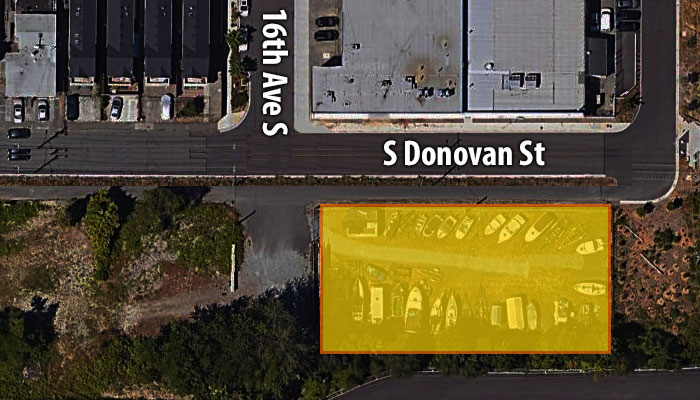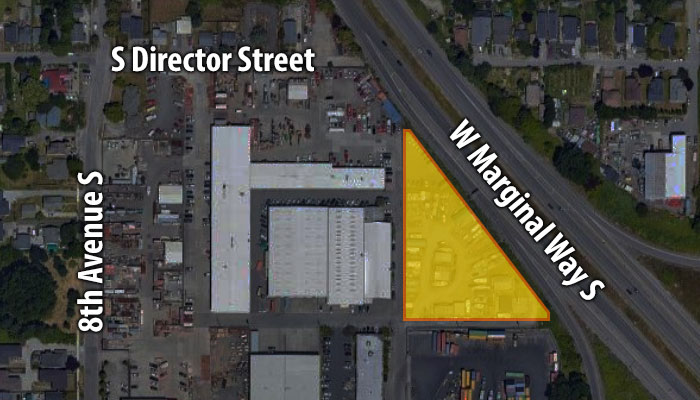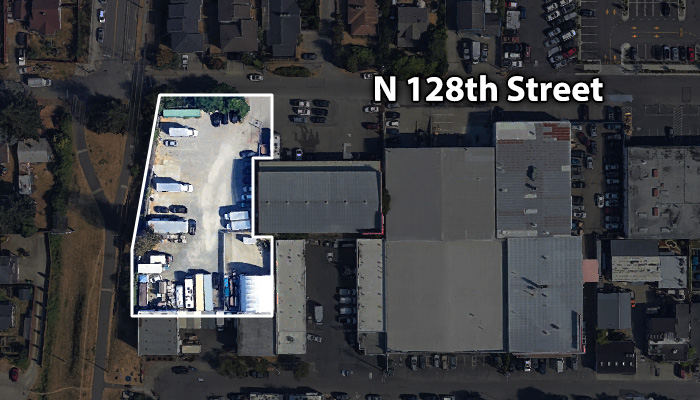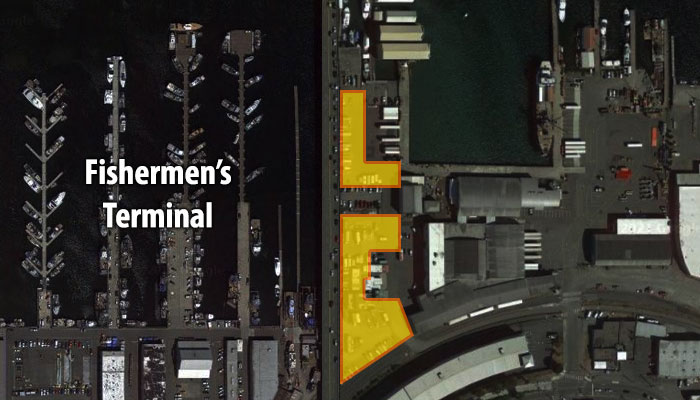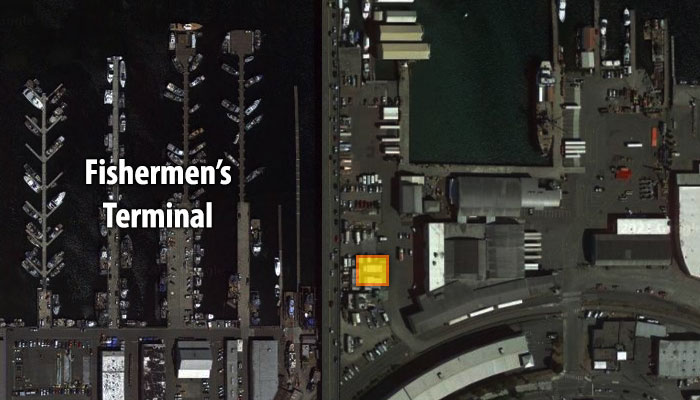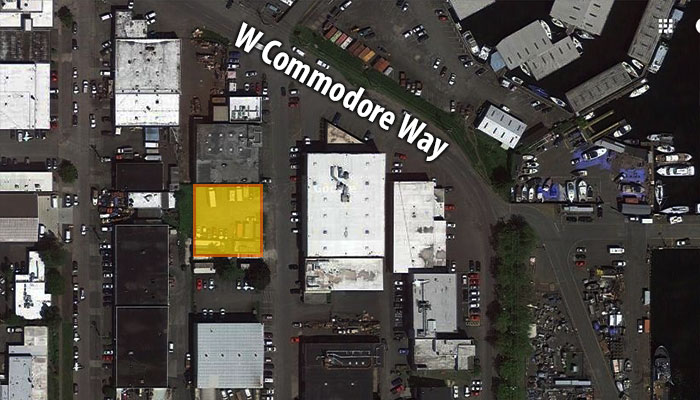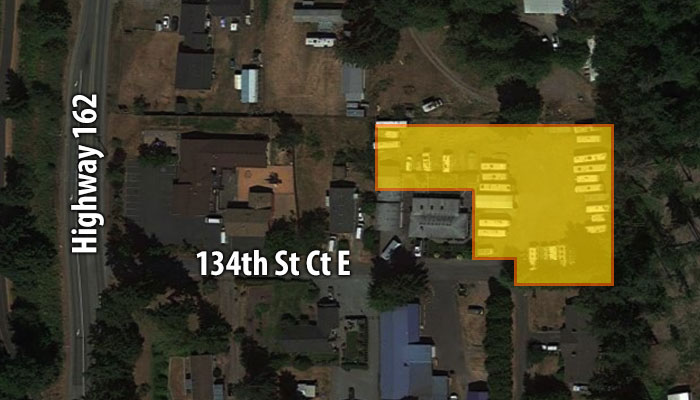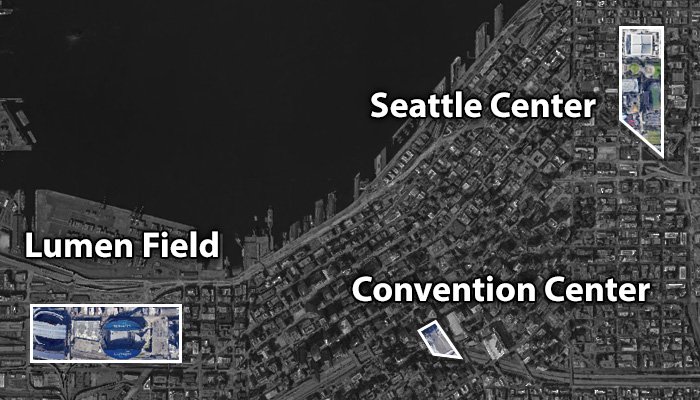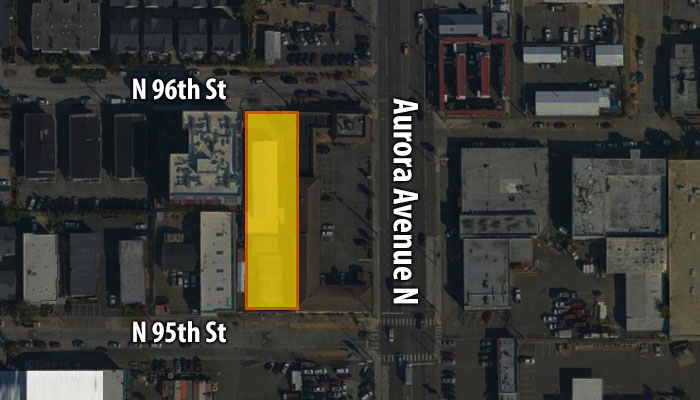Car Storage
It can be hard to find affordable long term parking and storage for cars in Seattle. It's especially difficult if you're looking for a fenced lot with convenient 24/7 access. Bridge Storage can help.
Affordable Car Storage
Compare our parking rates to other Seattle lots. Our long term storage facilities are affordably priced and conveniently located.
We currently operate parking and storage lots in Ballard, North Seattle, South Seattle, West Seattle, Jack Block Park, Fishermen's Terminal, Salmon Bay and Orting.
Call 206-204-2222 for availability and storage rates. Spaces go fast, so call today!
Office: 945 N 96th, Seattle • 206-204-2222 • Email • 8am - 5pm Weekdays Closed Weekends
Bridge Outside Storage & Parking Rates
All of our long term storage yards are fenced and well maintained. You're free to purchase adjoining spaces to double or triple your square footage.
Rates vary based on the vehicle's use (i.e. commercial), size, length of stay and location. All spaces are assigned. These are the monthly rates for our storage yards.
If you're hunting for outside storage space, outdoor storage facilities or vehicle storage in the Seattle area, you're sure to find the perfect location at one of our 24 hour storage lots.
- Small (personal use) $225
- Medium $250
- Large $350
- X-Large $450
How to Prepare Your Car For Storage or Long Term Parking
We don't require any special preparations for cars stored in our lots, but you'd be wise to take some precautions if you're parking your car for more than a month. It's important to protect your vehicle from the elements, including bugs and critters. Here's a checklist of some common sense measures recommended by automotive experts, including the pros at Edmunds.com.
- Wash & Wax Your Vehicle Dirt, bird droppings, tar and road debris can damage a car's finish, especially during the summer when the sun is intense. Washing your car protects the paint and other surfaces. While you're at it, clean the undercarriage, fenders and wheels. Waxing the car adds an additional layer of protection.
- Check for Leaks Check your car for any leaks or drops from the brakes, transmission, and engine. Repair any leaks you find.
- Fill The Gas Tank Moisture can collect inside your gas tank if it's empty or low. Fill your tank to prevent rust. Also, add fuel stabilizer or corrosion inhibitors, then drive the car to distribute the additive throughout the engine.
- Battery Maintenance Disconnect the battery to prevent battery failure. Consider removing the battery and storing it in a battery box.
- Change the Oil Consider getting the oil changed if you will be storing the vehicle for longer than 30 days. Spray lubricant on all exposed metal surfaces in the engine area to protect against rusting and corrosion.
- Disengage the Parking Brake It's usually a good idea to use the parking brake, but don't do it when you leave a car in storage. If the brake pads make contact with the rotors for too long, there is a chance that they might fuse. Instead, purchase a tire stopper, also called a chock, to prevent the car from moving.
- Prevent Flat Spots Make sure your tires are inflated to the recommended tire pressure. If a vehicle is left stationary for too long, the tires could develop flat spots as the weight of the vehicle presses down on the tires' footprints. This process occurs at a faster rate in colder temperatures and in vehicles equipped with performance tires or low-profile tires. In some cases, merely having someone drive the car for a while will bring the tires up to their normal operating temperature and get rid of any flat spots. In more severe cases, a flat spot can become a permanent part of the tire and it will need to be replaced.
- Keep Critters Out Plug the tail pipe with aluminum foil or rags to deter rodents from entering your car — but remember to remove the foil or rag before starting your car again. Cover any gaps where a mouse could enter, such as an air intake. Steel wool works well for this.
- Maintain Insurance You might be tempted to cancel your auto insurance when your vehicle is in storage. Although that might initially save money, there is a chance that the insurance company will raise your rates due to the gap in coverage, which could cost you more in the long run. This can vary based on where you live and who your provider is, so contact your insurance company to see what options are available to you.





